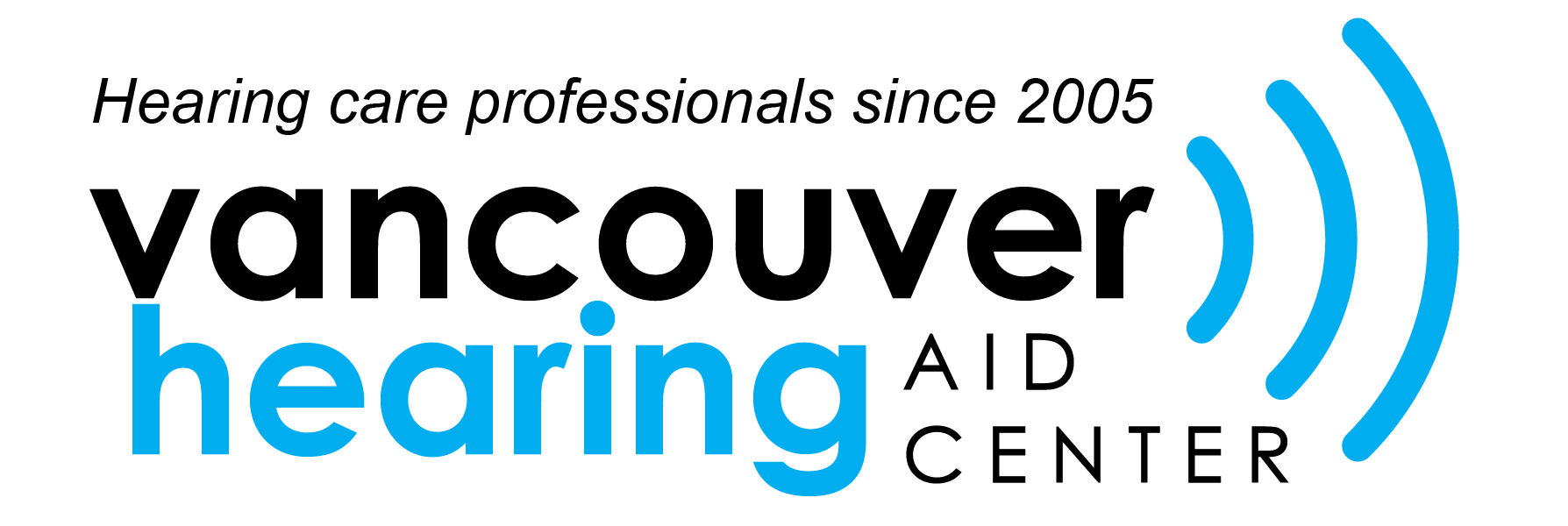The Importance of Regular Hearing Tests and Evaluations
When it comes to our overall health, we often prioritize certain aspects such as regular check-ups, dental exams, and eye exams. However, one crucial area that often goes overlooked is our hearing health. Regular hearing tests and evaluations are essential for maintaining optimal hearing health and identifying potential issues early on. In this blog post, we will explore the importance of regular hearing tests and evaluations and how they can contribute to a better quality of life.
1. Early Detection of Hearing Loss
Regular hearing tests play a crucial role in detecting hearing loss early on. Many individuals may not realize they have hearing loss, as it often develops gradually over time. By undergoing routine hearing evaluations, any changes in your hearing can be detected and addressed at the earliest stage possible. Early detection allows for proactive treatment and management options that can help preserve your hearing and prevent further deterioration.
2. Prevention of Further Damage
When left untreated, hearing loss can not only affect our ability to hear but also have a profound impact on our overall well-being. Untreated hearing loss can lead to feelings of isolation, difficulty in social situations, and even cognitive decline. Regular hearing tests help identify any changes in your hearing and allow for appropriate interventions, such as hearing aids, assistive listening devices, or other treatment options. By addressing hearing issues early, you can prevent further damage and maintain a higher quality of life.
3. Better Communication and Relationships
Hearing loss can impact our ability to communicate effectively, leading to misunderstandings, frustration, and strained relationships. Regular hearing evaluations ensure that any hearing loss is identified promptly, enabling appropriate interventions to be put in place. Treating hearing loss can significantly improve communication, allowing individuals to better engage in conversations, social gatherings, and relationships. By maintaining good hearing health, you can continue to connect with others and enjoy meaningful interactions.
4. Prevention and Management of Tinnitus
Tinnitus, characterized by ringing, buzzing, or humming sounds in the ears, affects millions of people worldwide. Regular hearing evaluations can help identify the underlying causes of tinnitus, such as hearing loss, exposure to loud noise, or certain medical conditions. By understanding the root cause of tinnitus, healthcare professionals can provide strategies and techniques to manage and reduce the symptoms. Early intervention and management of tinnitus can significantly improve quality of life and reduce the impact of this often-chronic condition.
5. Monitoring Changes in Hearing Health
Our hearing health is not static, and various factors can influence it over time. Regular hearing tests enable healthcare professionals to monitor any changes in your hearing health and provide appropriate guidance and interventions. Factors such as aging, noise exposure, medical conditions, and certain medications can all impact our hearing abilities. By staying proactive and regularly assessing your hearing, you can stay informed about any changes and adapt your lifestyle or treatments accordingly.
Conclusion
Regular hearing tests and evaluations are crucial for maintaining optimal hearing health and overall well-being. Early detection of hearing loss, prevention of further damage, improved communication and relationships, management of tinnitus, and monitoring changes in hearing health are all significant benefits of regular hearing evaluations. If you haven’t had a hearing test recently, it’s never too late to schedule one. By prioritizing your hearing health and seeking professional evaluations, you can take proactive steps towards preserving your hearing abilities, enjoying a higher quality of life, and staying connected to the world around you.

